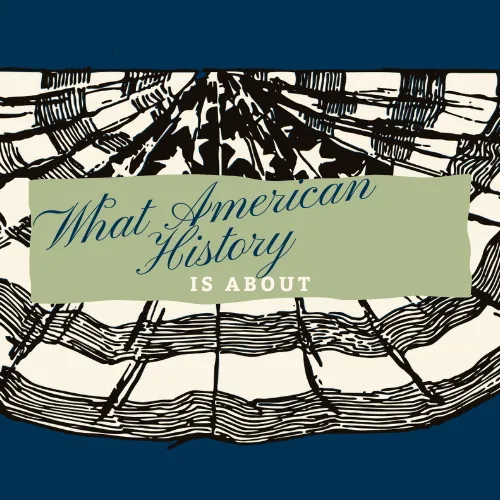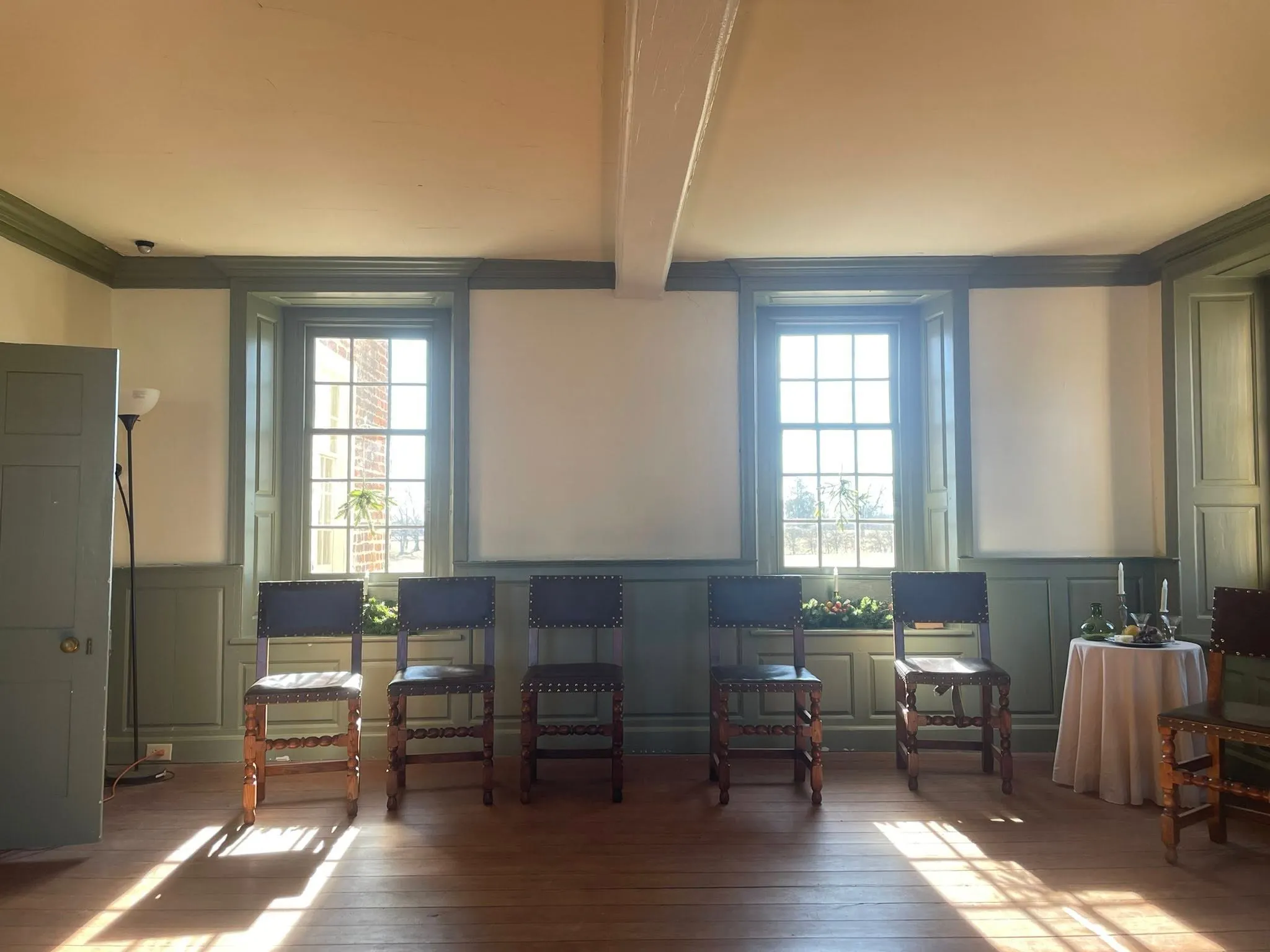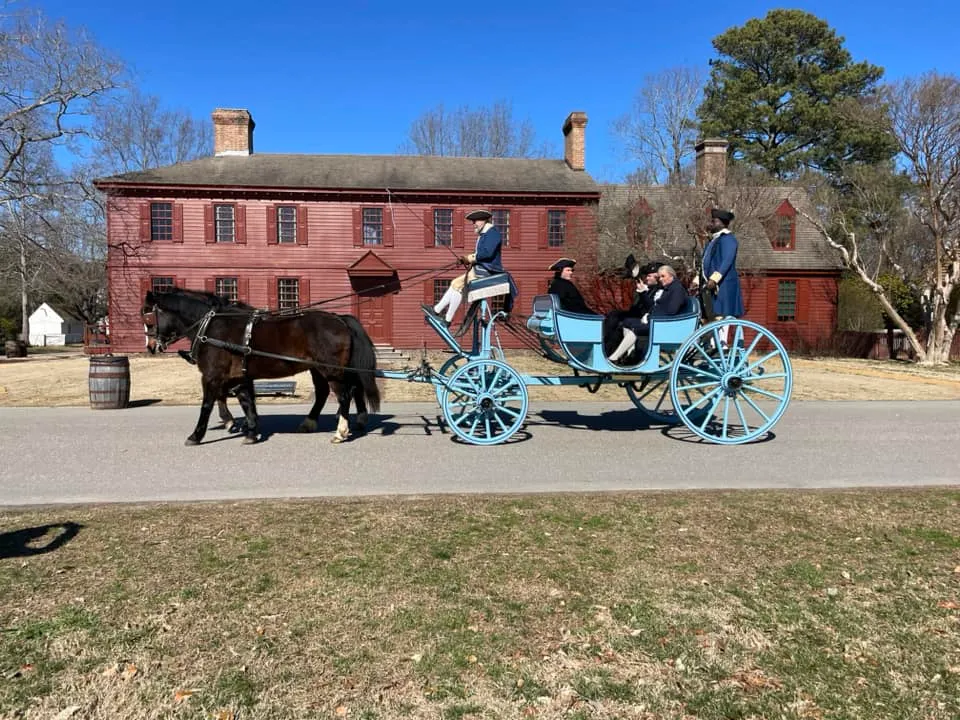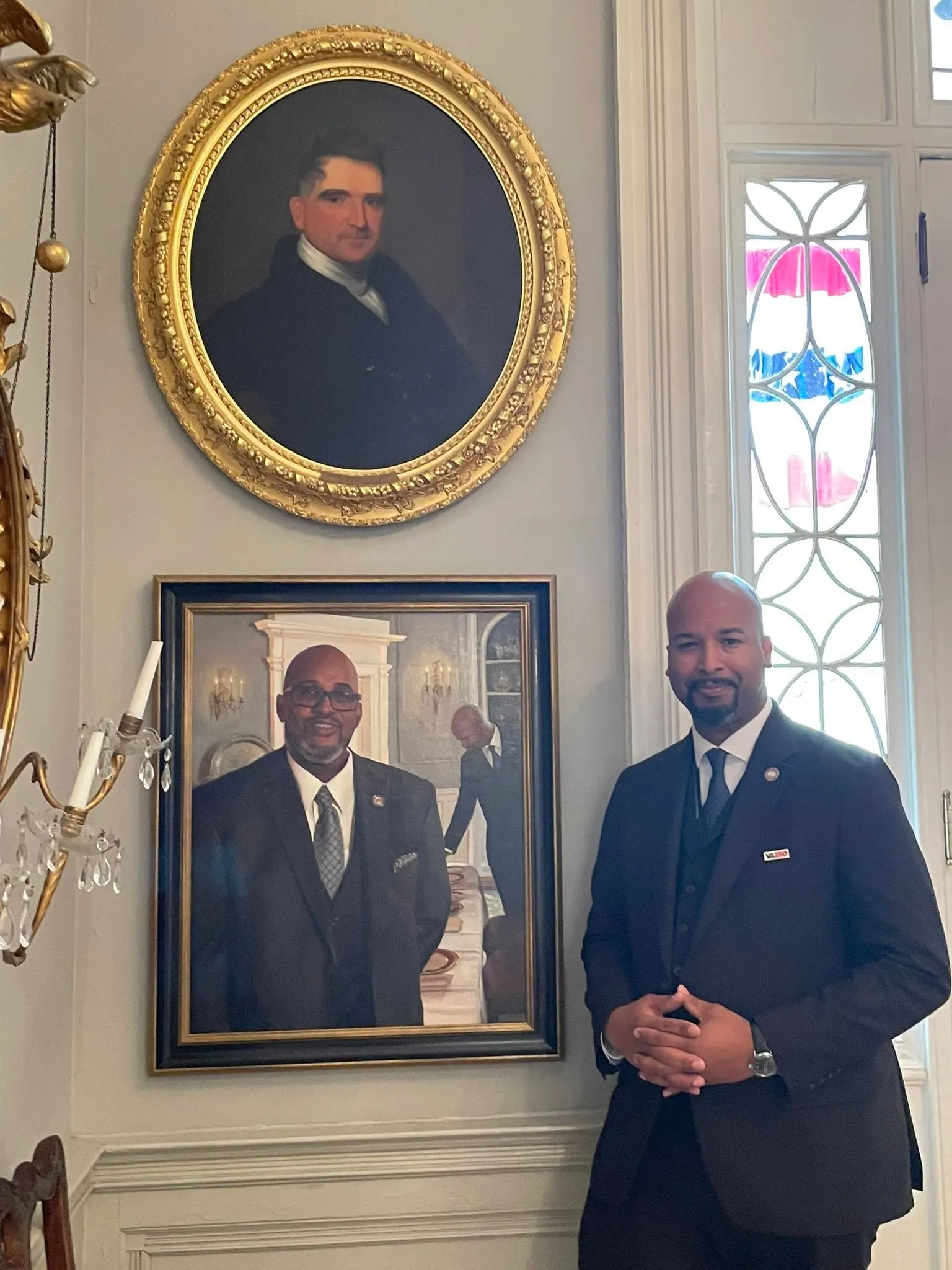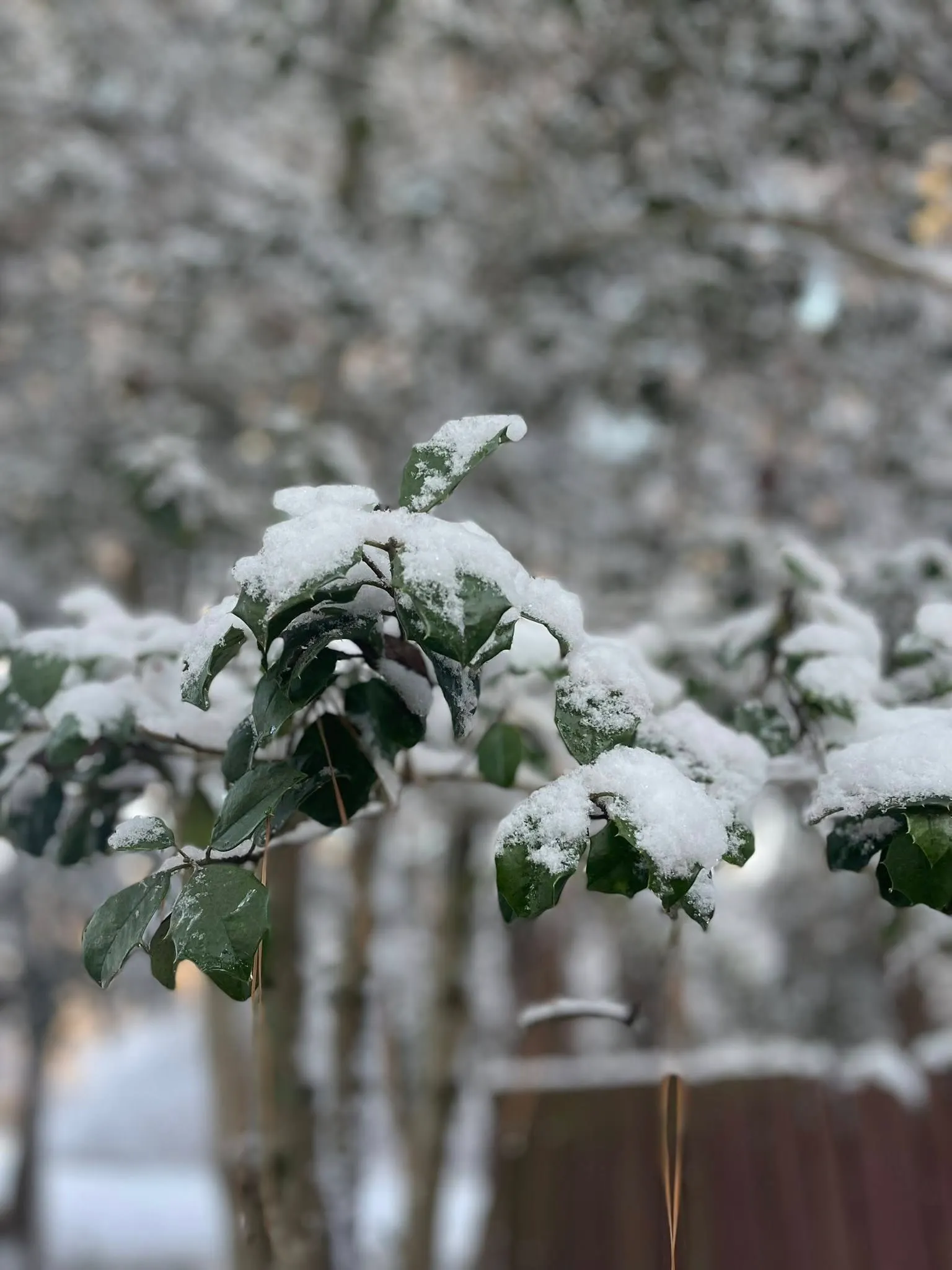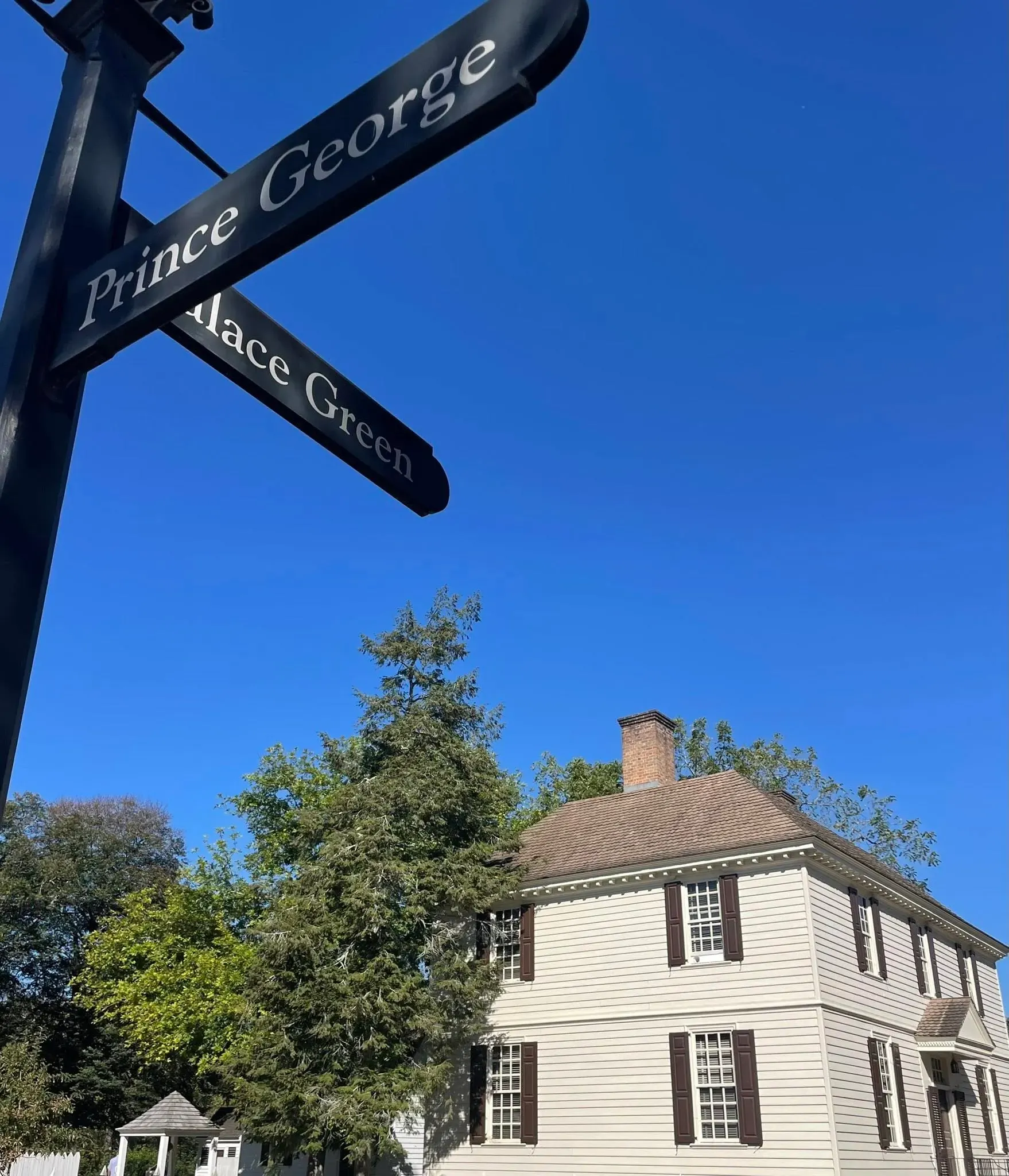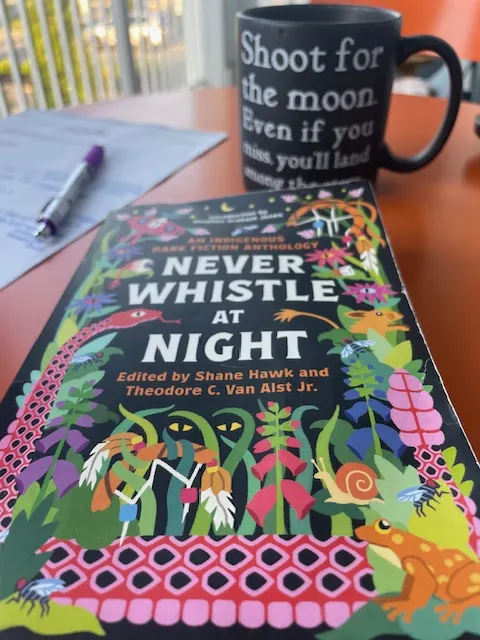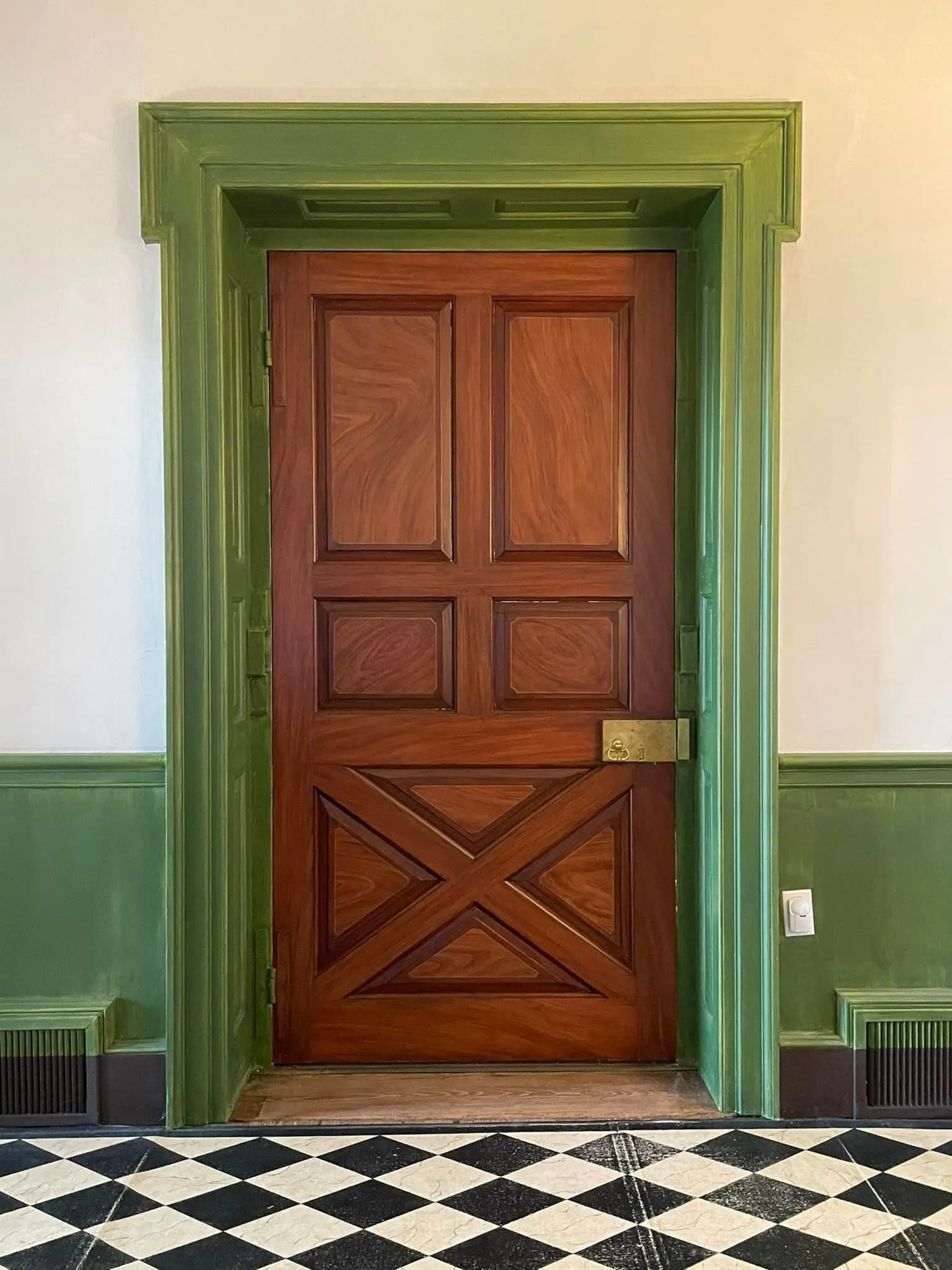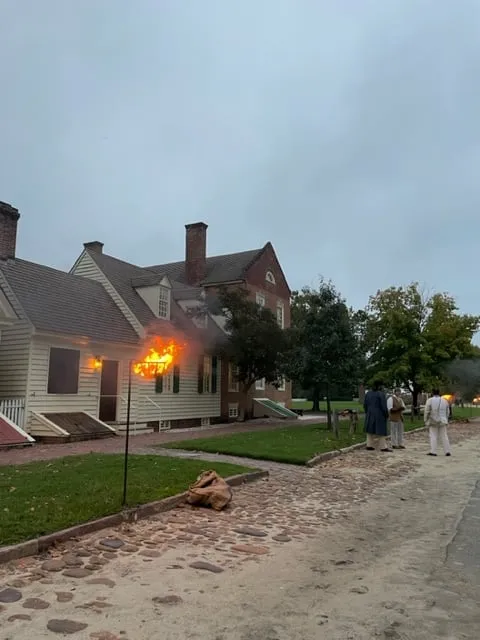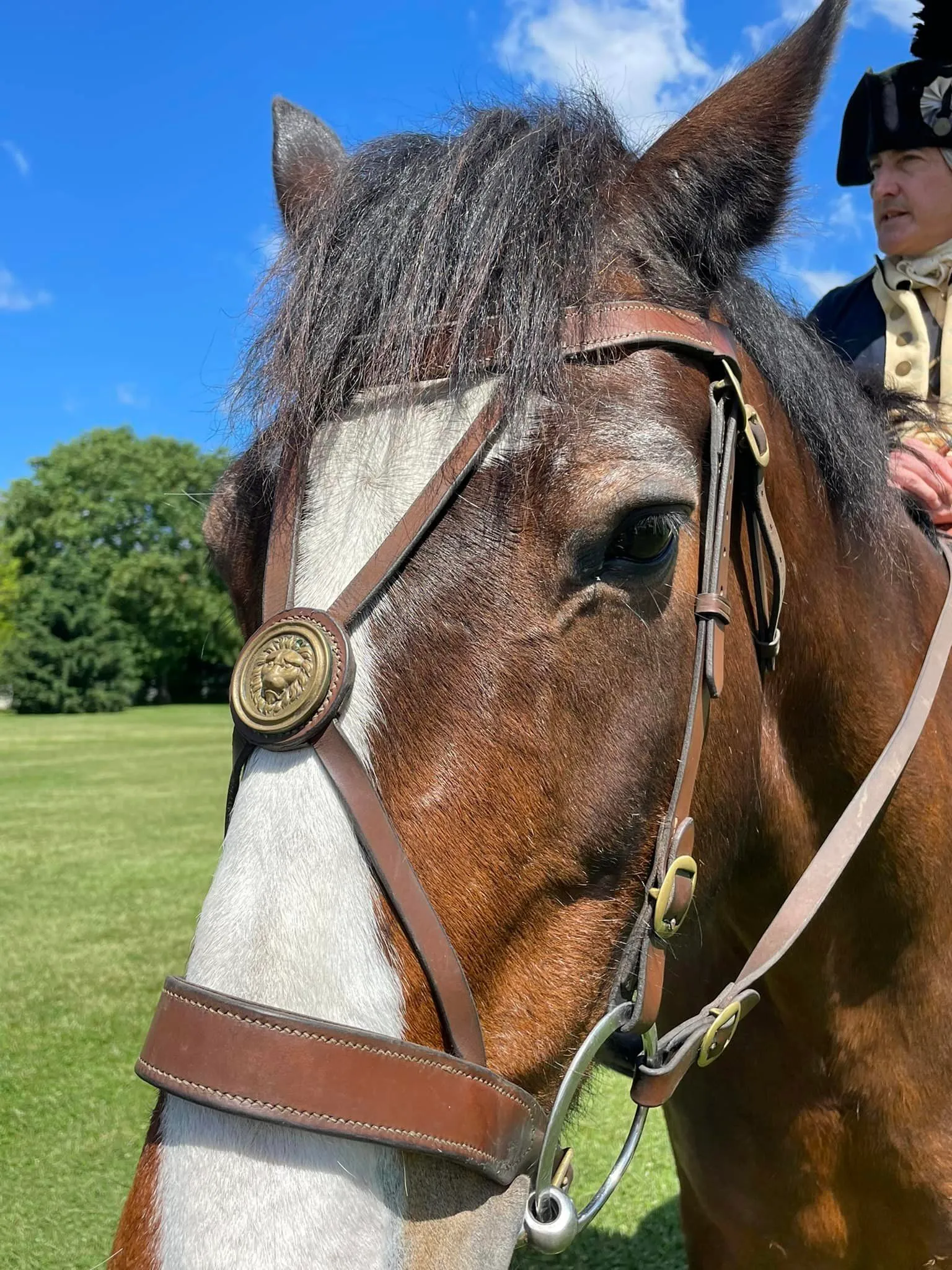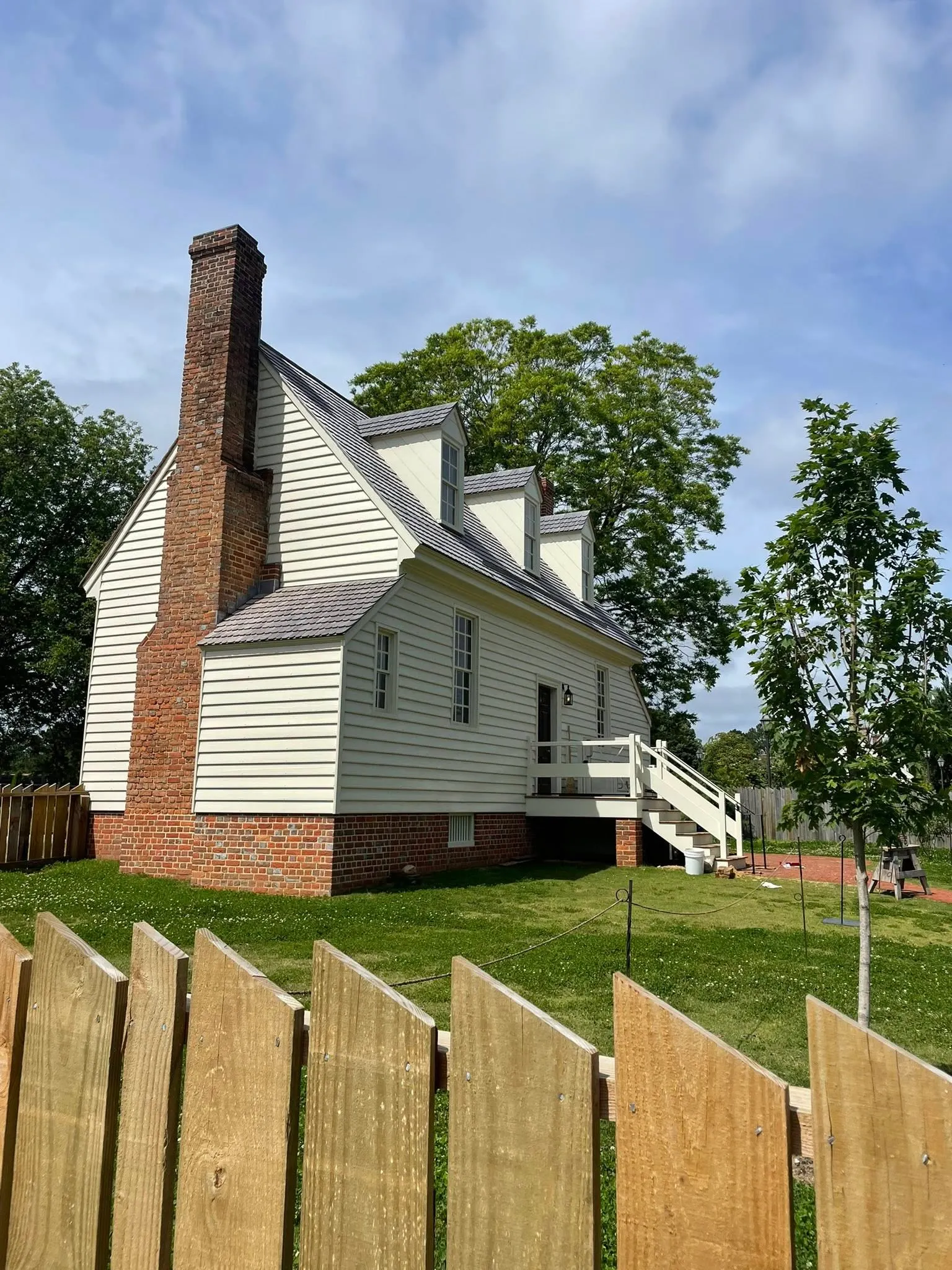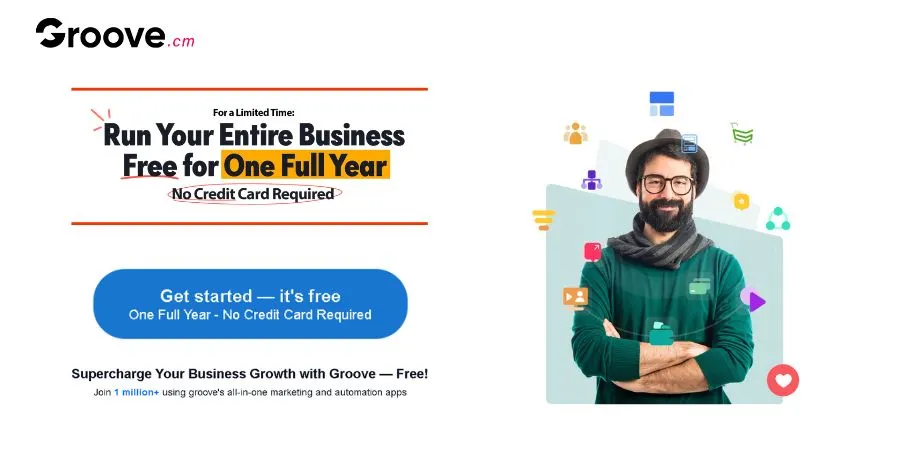Learning Native American History from George Washington: the Truth About American Indians
Last day of summer and I'm thinking about Thanksgiving. The reality of it.
Opening statement.
I'm going to nip this one in the bud immediately- terminology. I'm using the correct term when I say "American Indian" if I'm taking my lead from current use of the term as explained well by Colonial Williamsburg (CW) on their website. I'm also taking my lead from George Washington, who seemed intent on ensuring we, as a new nation, treated tribal nations as such, and did it unified vs. state by state.
That said, throughout this article and this blog in general, as in life, I'll use the names of individuals as well as referencing specific tribal nations etcetera when possible.
Respect is my top priority on a subject I'm 1) passionate about and 2) think is under-discussed overall. And I don't believe I'm alone in that belief.
Necessary disclaimer: As a blogger, I use affiliate links sometimes! I may receive commission from purchases I share; it does not change your price but sometimes you might get a discount.
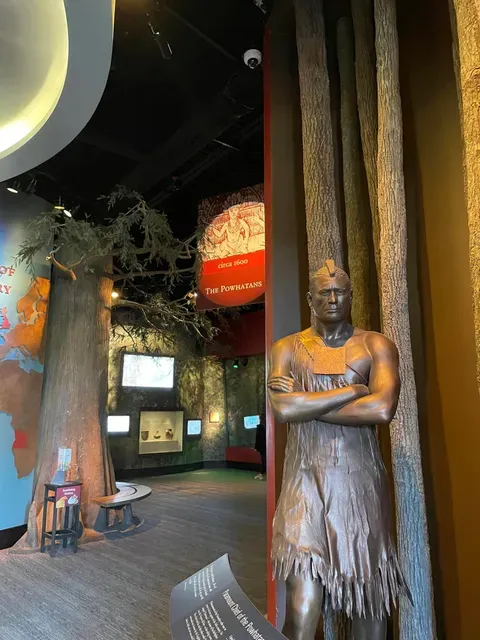
Exhibit entrance at Jamestown Settlement
Why Thanksgiving is on my mind as summer officially ends.
We are heading into fall as this post is being written; it starts officially tomorrow. No matter, I think this is relevant all year long. I already referenced where the actual first Thanksgiving in America took place (you can read that post here)- this is different.
It's about our perception.
Earlier this week I attended a performance written by Daniel Cross, who portrayed Colonel George Washington in CW (at the time of writing this post in 2024).
200 years after Lord Dunmore's 1774 war against the Shawnee, Mr. Cross brought multiple things to light for the audience, including the complexity that led to this war. Done as a one-man show, he ended it by bringing members of the CW American Indian Initiative on-stage.
If anyone in that audience pictured "Indians" in terms of handing a bunch of food to a bunch of white people to feast together on a festive November day, I'm certain they walked away with a different perspective.
And I'm so glad for it. I personally wanted to cheer although the topic itself was sobering. Why? Because I was looking around and thinking about "Thanksgiving" as we've been conditioned to it in pop culture throughout the decades.
The Washington connection.
The truth about American Indians is this: they made up the highest population numbers during the Colonial era, they existed as multiple nations, speaking thousands of dialects and languages- all on the land that became our shared United States of America.
Both their ideas and impact to who we are is fundamental to understanding American history. Period.
After his role in the Seven Years War (aka French and Indian War), Washington certainly gained a deeper understanding of the people native to this continent. I'd say he had more direct connection to them than any of the names we know from 18th century America as "founders." He clearly understood the complexity of living on land native to members of so many tribal nations.
In fact, during the performance I saw, one of the members of the American Indian Initiative stated that they often utilize Washington's writings in their research.
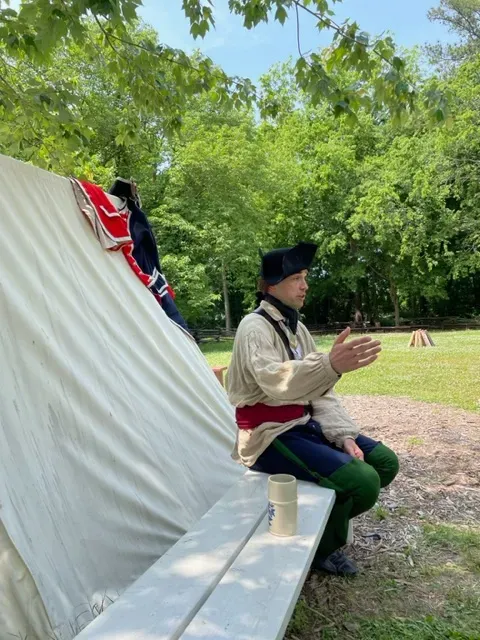
Daniel Cross interpreting Col. Washington, Indian Encampment, CW
Dig deeper.
This blog post is FAR from comprehensive, but like all topics in this blog and following my mission, I hope to offer up bits of history to increase our understanding of it.
Listen.
Start on Ben Franklin's World with this fantastic and thought-provoking episode covering the Brafferton School.
Read.
I've been introduced to a blog that brings to light so many people and stories of American Indians. I've only read a few articles so far, but wanted to share so you can decide (and share with me!) anything of interest you find. Click here for Notes from the Frontier.
Get the book that truly dives into John Smith's writings and the history of Jamestown. Click here to purchase Love and Hate in Jamestown.
Immerse yourself.
Visit CW and the Jamestown Settlement here in Virginia.
- Wander.
- Attend performances.
- Ask questions.
Get HISTORY UNBOXED for the kids in your life.
I recently joined the affiliate program for this cool educational option. It's for families, teachers, and home-school activities.
Click here to get to the home page and scroll around or go directly to Powhatan Unboxed- a single box containing crafts and related exercises
Subscription options for American History to add to curriculum
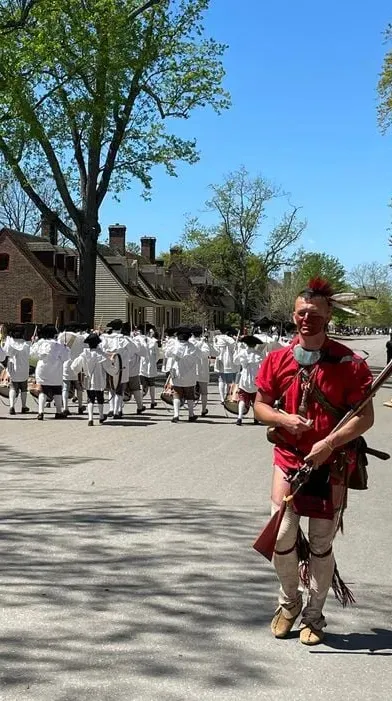
American Indian interpreter, Duke of Gloucester Street, CW
Closing words from history
George Washington set the nation up for communication and long-term inclusion of the American Indians. He assigned Henry Knox, who had experience with tribal nations, to oversee the relationships between those nations and our new United States. If anything, it was complex.
Here is an excerpt of a report from Knox to Washington. For the full document with notes and citations, click here to be directed to Founders Archives.
Enclosure: Report on Indian Affairs, 29 December 1794
Enclosure
Report on Indian Affairs
Department of War December 29. 1794
The Secretary of War respectfully submits to the President of the United States the following observations respecting the preservation of the peace with the Indian tribes with whom the United States have formed treaties.
To retrace the conduct of the government of the United States towards the Indian tribes since the adoption of the present constitution, cannot fail to afford satisfaction to every philosophic and humane mind.
A constant solicitude appears to have existed in the executive and Congress not only to form treaties of peace with the Indians upon principles of Justice, but to impart to them all the blessings of civilized life of which their condition is susceptible.
That a perseverance in such principles and conduct will reflect permanent honor upon the national character cannot be doubted—At the same time it must be acknowledged that the execution of the good intentions of the public is frequently embarrassed with perplexing considerations.
Are you enjoying the history I'm sharing on this blog? Use my online tip jar and buy me a coffee:

There is a huge practical disclaimer to the content on this blog, which is my way of sharing my excitement and basically journaling online.
1) I am not a historian nor an expert. I will let you know I’m relaying the information as I understand and interpret it. The employees of Colonial Williamsburg base their presentations, work, and responses on historical documents and mainly primary sources.
2) I will update for accuracy as history is constant learning. If you have a question about accuracy, please ask me! I will get the answer from the best source I can find.
3) Photo credit to me, Daphne Reznik, for all photos in this post, unless otherwise credited! All photos are personal photos taken in public access locations or with specific permission.
